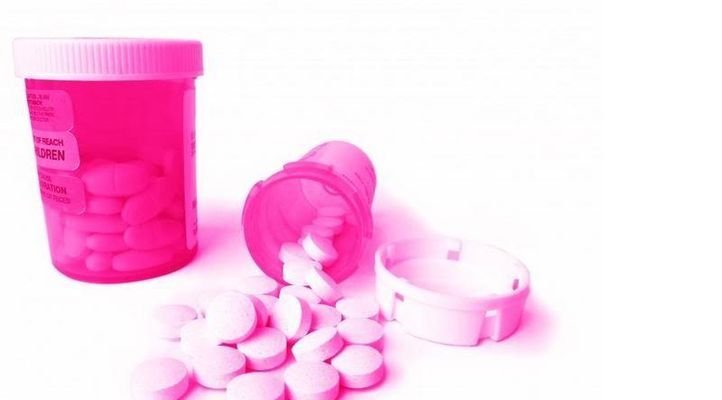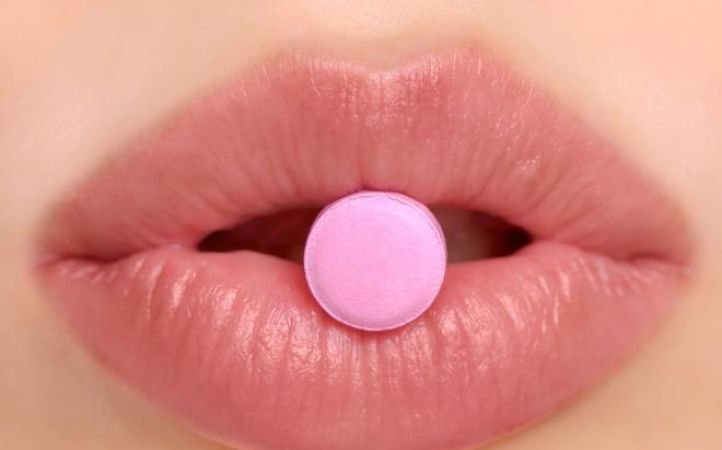For 15 years the little blue pill has been helping men — usually the greyer lot — raise the sails and wade into the harbour. Viagra has been one of the greatest boons for its creators Pfizer, who made a whopping $1.6 billion from the pill last year. Viagra has proved to be one of the most successful drugs for men in recent history. So why has the fairer sex been left behind? A 2002 study showed up to one-third of adult women experience low sexual desires, and yet there is absolutely no medication in the market that helps women deal with these problems.
However, on May 4, in what has been the biggest step for “female viagra”, a United States Food and Drug Administration (FDA) advisory committee recommended to the agency that they should approve the drug F libanserin for the treatment of hypoactive sexual desire disorder in premenopausal women. The panel’s recommendation will be given to the FDA, which will ultimately decide whether to approve the drug.

CNN quoted Dr. Margery Gass, a sexual dysfunction expert at Cleveland Clinic as saying, ” I am elated, very happy to hear this, I think women are going to be very appreciative of having something they can try for this problem.”
It’s all in the head
For over 15 years Viagra has been raking in the big bucks, so why have the drug companies struggled to come up with the right formula for women?
Experts believe, for women, the cure for low libido is more likely to be found in the brain than in a bottle. Women’s sexuality is complicated, unlike men, they can’t just pop a pill and ride off into the sunset. There are numerous factors that come into play: how they feel about their bodies, how good they feel about themselves and most importantly how they feel about the man.
Describing Flibanserin as the “female viagra” is a misnomer, as the drug works in a distinctly different way to the male version. First of all it has no physical effect on the woman’s body — popping the pill does not automatically mean she’s open for business.

The pill works on the central nervous system — much like antidepressants. It induces sexual desire in a psychological level, by working on the chemical balance in the brain and body.
Women who have taken the pill, during research studies, say it has been very helpful, and for some the effects were visible in just two weeks.
Unlike Viagra, the little pink pill has to be taken everyday, and not just when women want to have sex.
Battles lost and won
This is the third time the FDA has reviewed F libanserin, made by Sprout Pharmaceuticals. In the past the FDA has rejected it, saying it has too many side effects and didn’t accomplish the task it was designed for. The side effects were exhaustion, dizziness and nausea.
Also the numbers have not proven to be the most appealing for FDA as of now. It increased sexual desire on an average in 37% of women and it decreased sexual distress by 21%. The numbers are satisfactory, however, nowhere near Viagra standards.

On the other hand, a 2013 study in the Journal of Sexual Medicine showed that women taking the drug reported an average increase of 2.5 satisfying sexual events in four weeks, compared with an increase of 1.5 among women using the placebo.
Thus, proving that the drug is on the right track.
Gender disparity?
There are a number of questions that have to be discussed with a pill such as Flibanserin. First of all there is the point of concern over FDA’s work towards improving women’s sexual health. Sprout Pharmaceuticals joined a campaign in the days leading up to the decision and made the case that the FDA has not done enough to help women in this case.

There is also the pertinent question of insurance. Currently in the United States, Viagra comes under the insurance purview for all men who are prescribed the drug. If the FDA were to pass the drug, will it follow the same route as the little blue pill, in the sense that will it be paid for by insurance?
Lastly, what sort of societal implications does a pink pill have? Women’s sexuality has been a contentious as well as a liberating topic, it has seen various ups and downs over many decades. Now that there is the hope of medical solution for sexual distress, how will a pill that improves the sexual desire of women feature in the more conservative societies?

















